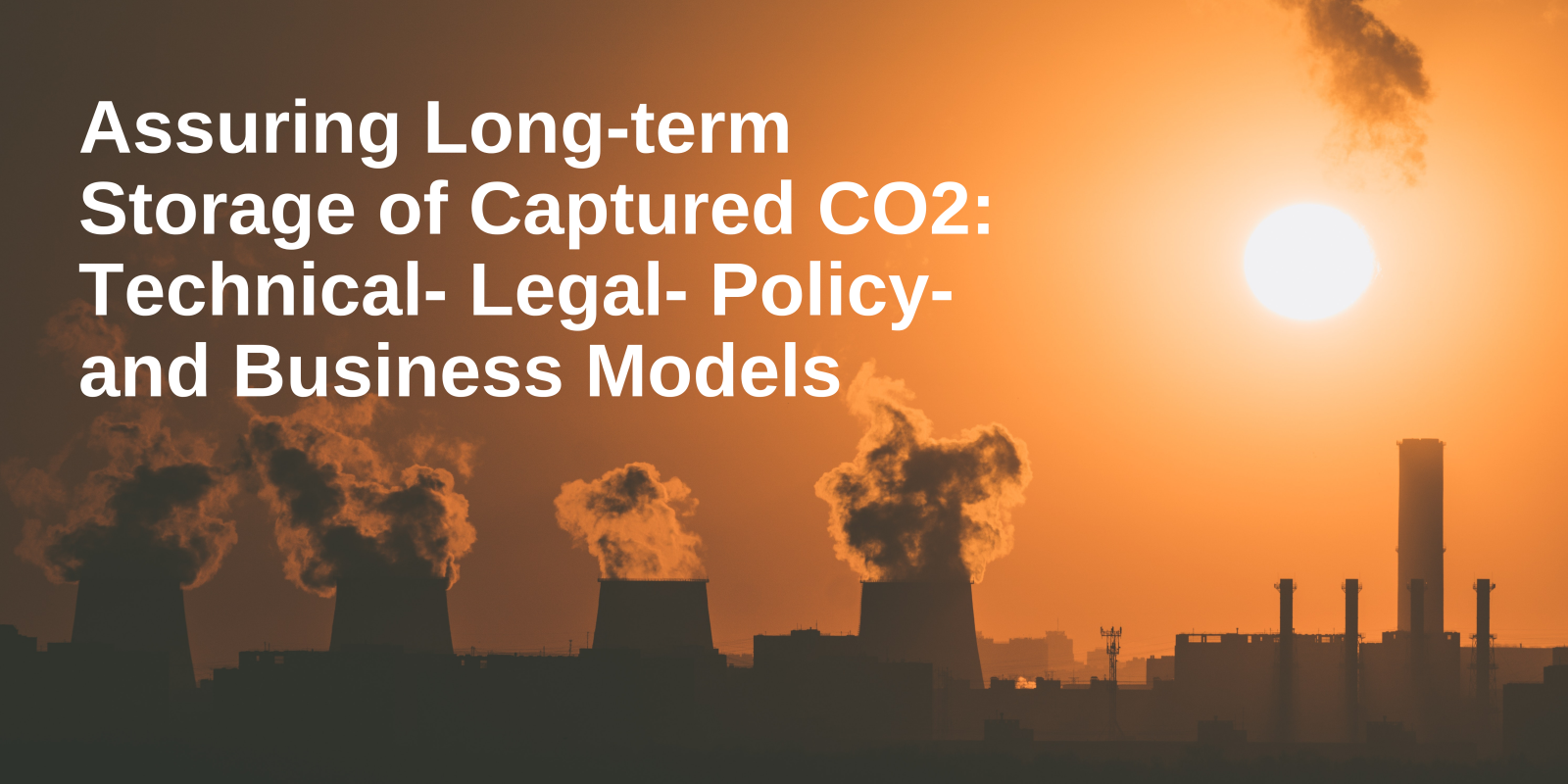
Fossil fuel (coal, oil, or gas) combustion and the resulting CO2 emitted into the atmosphere is a key driver of the need for an energy transition. The goal of that energy transition is to limit climate change to less than 2°C warming over preindustrial levels; an International Panel on Climate Change study on climate change mitigation pathways ranked Carbon Capture and Storage (CCS) as one of the critical technologies needed to help achieve that goal (IPPC, 2014). Beyond limiting the impact of fossil fuel combustion, CCS is needed to reduce emissions from industrial sources that are otherwise difficult to mitigate (e.g., chemicals, cement, and steel) and to support removal technologies such as bioenergy with capture and direct air capture.
Although there remain uncertainties related to CCS and the role of CCS in the larger energy ecosystem, this project focuses on one specific element in this context: building technical and societal confidence in long-term storage. To have a measurable, positive impact on the atmosphere, as well as gain acceptance by commercial investors and public stakeholders, it is necessary to establish confidence that geologic storage will be effective in retaining CO2 injected in the deep subsurface over the long term (>100 years) prior to the start of a capture project. The various routes to building this confidence is the topic of our study.
Principle Investigators
Team Members
Project Publications
Dynamics of Dissolution Trapping in Geological Carbon Storage
International Journal of Greenhouse Gas Control
Framing Climate Change Mitigation Technology: The Impact of Risk versus Benefit Messaging on Support for Carbon Capture and Storage
International Journal of Greenhouse Gas Control

